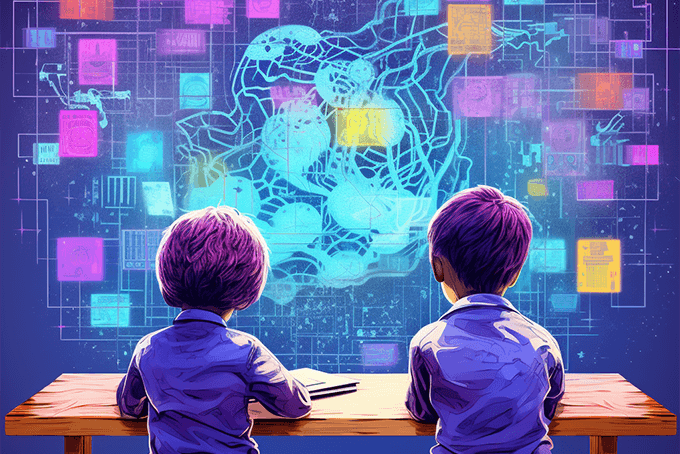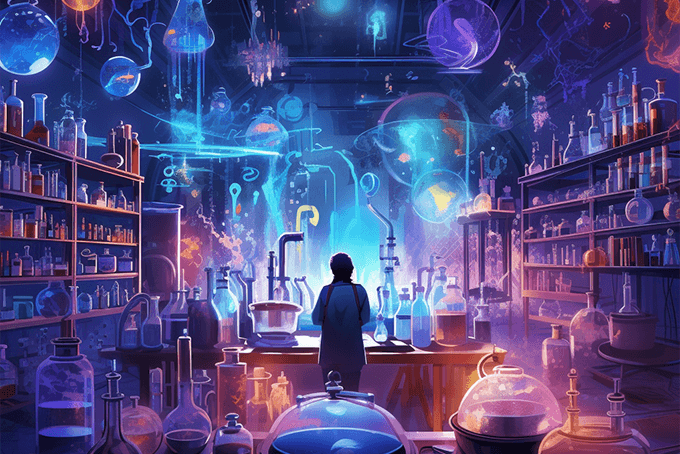There is a huge difference between knowing about a concept or process and really understanding it. This applies both to learning in school and in the real world, and applies to everything from finding out about marketing to studying the Constitution.
The point that I want to discuss here is that it does not matter how much a teacher or expert knows or how good a book or video is: the key is that learners have to make sense of things for themselves.
That means that one of the best ways to get a handle on an idea or the core aspect of a skill is to develop one’s own personal way of looking at it.
An example
In my e-book on Powerful learning I give an example of how two friends of mine – both wonderful actors – approach the whole notion of acting.
For Meg, the key is that an actor tells a story. She says that it’s not just narrating a story, but living it. If, for instance, you are acting the role of a mother whose infant is ill, imagine what it would feel like to carry that infant in your arms.
Larry has a different take on the essence of acting. For him, acting is a way of feeling free. “Thinking of yourself as an actor,” he says, “is giving yourself permission to do things differently.”
Each approach is different, each is powerful, and each is a personally meaningful way of learning about acting. That personal perspective helps to bring life and meaning to all the other aspects of mastering a skill or deeply understanding a topic. And that makes the learning easier and more enjoyable.
Two ways to get “inside” a new topic or concept or skill
1. Look for underlying analogies or metaphors.
Let’s say that you are not at home with the World Wide Web and want to get more of a feel for how browsers and search engines such as Google work. One of the obvious things to do is experiment with different functions. But another is to examine the meanings of the word “browse” and “search”? Then go further and ask – is there another analogy or metaphor that you can find that explains things even better? For instance, how is a browser like a detective, or a nosy neighbor, or a reporter on the trail of an interesting story? Some of these new analogies help to give a flavor – a taste – a feel – for what search engines do.
2. Find an analogy that personally calls to you.
Some time ago a friend of mine was struggling to manage her money. She just could not spend it wisely or hold onto it, and she spent a lot of time reading books about money management. She finally “got it” when someone suggested that she think of money as energy. She began to compare the notions of having a lot of money to having a lot of energy. Then she thought about her finances in terms of getting worn out, of energy flowing and being conserved, and so on. That mental bridge made all the difference to her understanding of her own finances, and she began to manage her money better!
Finding new and compelling ways to think about things is not always easy or obvious – especially to experts and teachers who so often find it difficult to put themselves in the minds of their students or other learners. Fortunately, other people have usually been learning about the same things that matter to us, so it helps to find out how they approach an idea or topic or skill.
One of the best resources of new ways to think about things is through TED talks – short, wonderful presentations by people who know how to make thoughts and ideas come alive, on topics ranging from business and education to communication and a vast array of social and international issues.
The bottom line: It’s the learner’s learning that counts!
Whether you are reading this as a learner or parent or teacher, remember that learning only happens when the learner makes sense of things for him or her self. And the wonderful added benefit is that the new perspectives that new learners acquire can also be invaluable to their teachers, and to others.
Get a free sample of Geoffrey’s new book!



